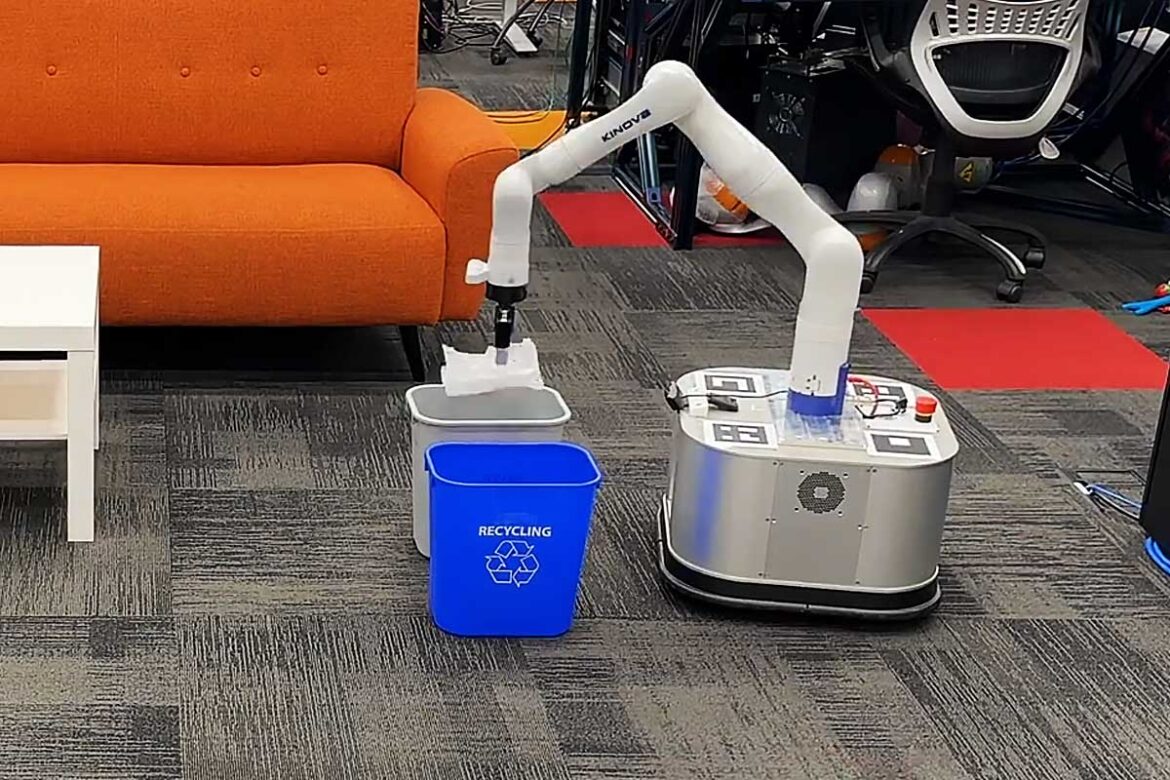In a world where technology continues to amaze you, imagine having a robotic assistant that not only understands your preferences but also tidies up your room with exceptional precision. Enter TidyBot, a remarkable creation developed by Princeton University that is set to revolutionize the concept of personal assistance and decluttering.
At the heart of TidyBot’s innovation lies its ability to provide personalized physical assistance effectively. This groundbreaking robot learns and adapts to user preferences, making it an invaluable companion in maintaining a clean and organized living space. With each interaction, TidyBot gathers insights that are then utilized to enhance its performance in future scenarios.
With an impressive set of capabilities, it picks up objects scattered around and meticulously places them in their designated spots. However, the real challenge lies in determining the most suitable place for each item, given the diversity of human preferences.

The team behind TidyBot is well aware of the intricacies involved in aligning robot actions with human preferences. A fascinating challenge emerges when considering the array of personal tastes and cultural backgrounds that influence how people organize their spaces.
For instance, where one person prefers shirts neatly folded in a drawer, another might opt for them to be displayed on a shelf. TidyBot’s creators aim to bridge this gap by building systems that can learn and adapt to individual preferences seamlessly.
TidyBot has proven its mettle through fast adaptation capabilities, achieving an impressive 91.2% accuracy rate on previously unseen objects in benchmark datasets. In real-world test scenarios, it successfully puts away 85.0% of objects, demonstrating the practicality and efficiency of its design.
The versatility of TidyBot shines through its range of functions. From sorting laundry into lights and darks, recycling drink cans, and disposing of trash to putting away bags, utensils, clothes, and toys, this robot is poised to transform your daily life by handling the tasks that often become overwhelming.
Conclusion
With the advent of the TidyBot tidying-up robot, the future of household assistance has taken an exciting leap forward. Princeton University’s ingenious creation marries technology with personal preferences to create a truly intuitive and effective robotic companion. TidyBot’s ability to navigate the intricacies of individual organization preferences not only simplifies tidying but also adds a touch of futuristic wonder to our daily routines. As TidyBot ushers in a new era of personalized assistance, the promise of cleaner, more organized living spaces has never been closer to reality.
Source: Tidybot

